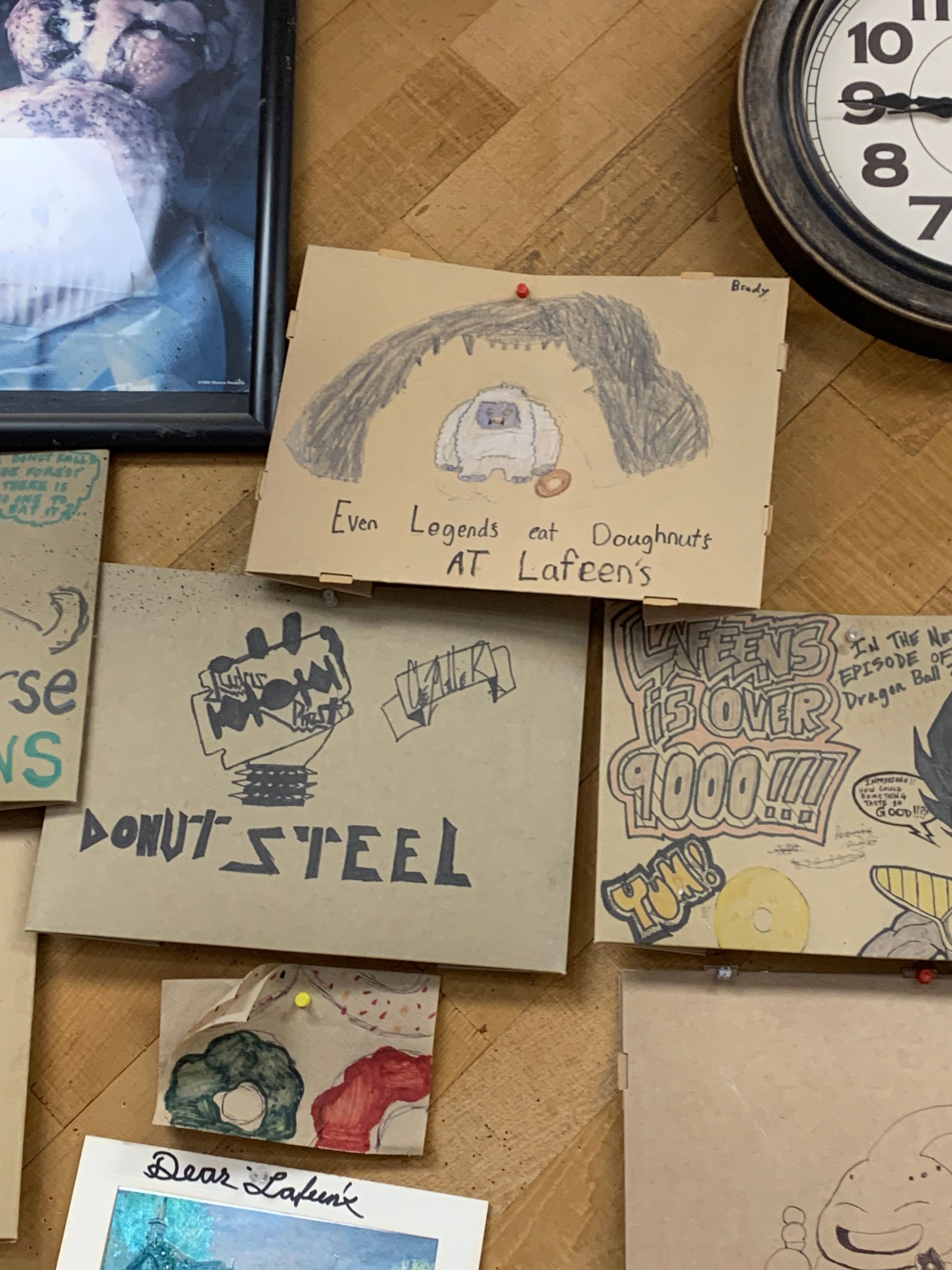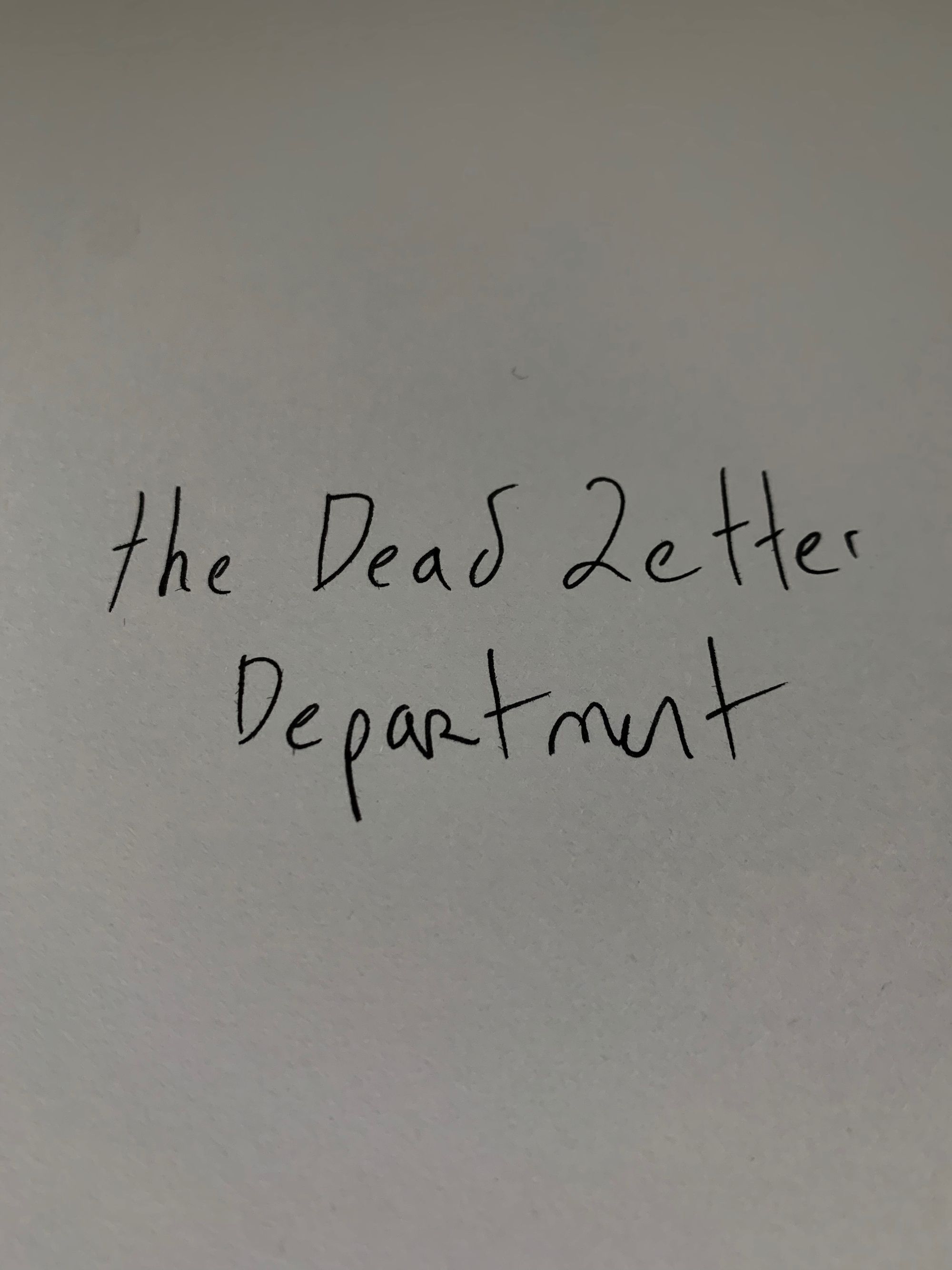Dead Letter Department #46

weather report
The winter sunset series has begun again, wherein I tromp to some appropriately water-based location & watch the sun slip away. It set at 4:17, one of the stealth glories where at first it seems like there isn’t going to be any color at all & then suddenly the whole sky is limned with pink and grey. The peaks of the Twin Sisters, barely visible over the hills, looked like someone had drawn them in black and white & propped them up behind the rest of the scenery, like they were done in pencil & the rest in bright oils.
Afterwards, for my sins (many), I was punished (by myself) with watching Kenneth Branaugh’s Death on the Nile. I knew better—the mustache itself was a warning, the cast generally was a warning, & yet I persisted, so I am here to shoo you away from making the same error, should you be tempted.
The problem (other than Armie Hammer, other than the very bad CGI of pyramids & sphinxes) is that Branaugh’s Poirot is just slantwise enough to be infuriating without actually being something new. He is named Poirot, certainly—he is fussy, & brilliant, & famous, in his well-cut little suit—but he is only wearing the trappings of our favorite Belgian detective, only carrying the outward signs, & none of the inner ones. Branaugh’s version appears to be on the edge of tears for a good third of the movie, uncannily blue eyes constantly glistening as he is driven along by the plot from pyramid to tomb, getting tipsy on champagne & spilling his secrets in a most un-Hercule-like manner. By the end of the movie (spoiler alert for a plot from 1937), he has given up being a cold, sharp-minded detective, because his personality was formed solely by trauma, & trauma is, of course, easily resolved by an attractive woman remarking upon it sympathetically. The once-detective has even shaved his signature mustache off.
That’s one of the troubles with the dead wife plot line—if you insist on making women only the stepping stones to men’s personal development instead of actual people, you end up doing it over and over again. Dead fiancée to establish the existence of his feelings, living woman to help him get over his feelings, convenient women at every plot point, without agency, just standing around like palm trees waiting for him to advance towards them while they wave their fronds about.
I’d seen the old David Suchet episodes in childhood, like any good PBS watching household did, but my new love for him sprang up when I was watching his version of Death on the Nile a few months ago. “It is terrible, mademoiselle,” he says, while trying to reach a young woman who is about to make an irrevocably bad decision, “the things that I have missed,” & I believed him. He put a world of loss into that one line, a whole backstory that never quite comes into focus for us. Poirot is private, possibly even secretive, even with his beloved Captain Hastings, but that just made it more interesting for me. He doesn’t just dump the entire contents of his past out in front of us like a spilled cafeteria tray. We have to rumble through the stories for it, grabbing little bits of history to put them together.
The storylines are somehow soothing, repetition like a sonnet: murder, investigation, justice, and by justice I mean Poirot’s own sense of justice, which is frequently but not always aligned with whatever the actual court system is up to. I am convinced every time that figured it out halfway through & of course I am always wrong, because Agatha Christie is cleverer than I am,
One of the slightly comedic things about the mystery genre to me is that anyone who went through the number of consecutive murders that these television detectives do would be afflicted with terrible PTSD, and quite possibly the sense of a ancient curse hanging over them, on account of everyone from waiters to lords dropping like flies as soon as they enter the room. It’s impossible to even go on vacation without dead bodies falling out of various closets, but that doesn’t slow our boy Poirot down in the slightest. He still drinks herbal tea, and smokes short black cigarettes (sadly a discontinued brand, I was curious enough to look them up) & has homoerotic vibes with his assistants, as any good detective does.
Kenneth Branaugh does some of the same things, but he does them while feeling sorry for himself, & it scoops all of the charm out of the character, leaving nothing but another boring, shouty man who likes to put a bunch of people in a room & tell them all what they’ve done wrong in excruciating detail. This is, frankly, an experience that anyone who’s had a job had probably already sipped the fullness of, & I don’t care for it recreationally, even if Annette Bening is there.
one good thing

Every once in a while, nothing will do but a donut. I have been largely monogamous to a single local donut shop since I moved here, the pinnacle of donut perfection. Lafeens Family Pride Donuts is just far enough away from my house to be a bit of a haul, which means I have to set out to get one—it doesn’t happen accidentally. The interior probably hasn’t been remodeled since the ‘80s, & all wood paneling & formica booths, & there’s always a line, at least on Sundays, which is when the craving usually strikes. I always get the maple buttermilk bar, which is sweet & dense & heavy, an absolute brick, an entire unit of donut. I should have taken a picture for you, but I was sitting outside in 28 degree weather, getting the little shards of dim winter sunlight that the day was offering me as I ate it, & I completely forgot.
If you like the newsletter, please share it with a friend or consider subscribing to the secret edition, which is mostly about writing my way through transition. You can reach me at departmentofdeadletters@gmail.com—& if a subscription is out of reach for you at the moment, do send me a note there & I’ll see if I can comp you one. I hope to see you here at the Dead Letter Department again soon, & in the meantime, may you have only as much backstory revealed as your plotline requires.
